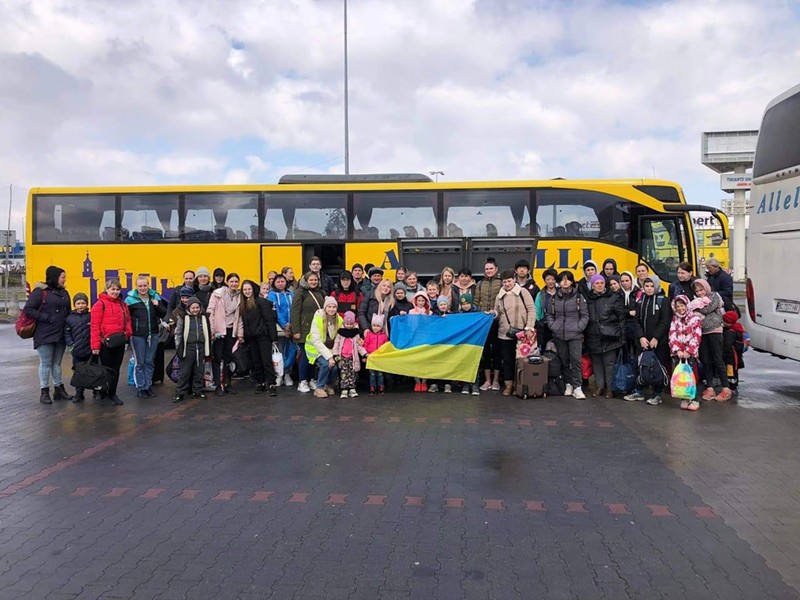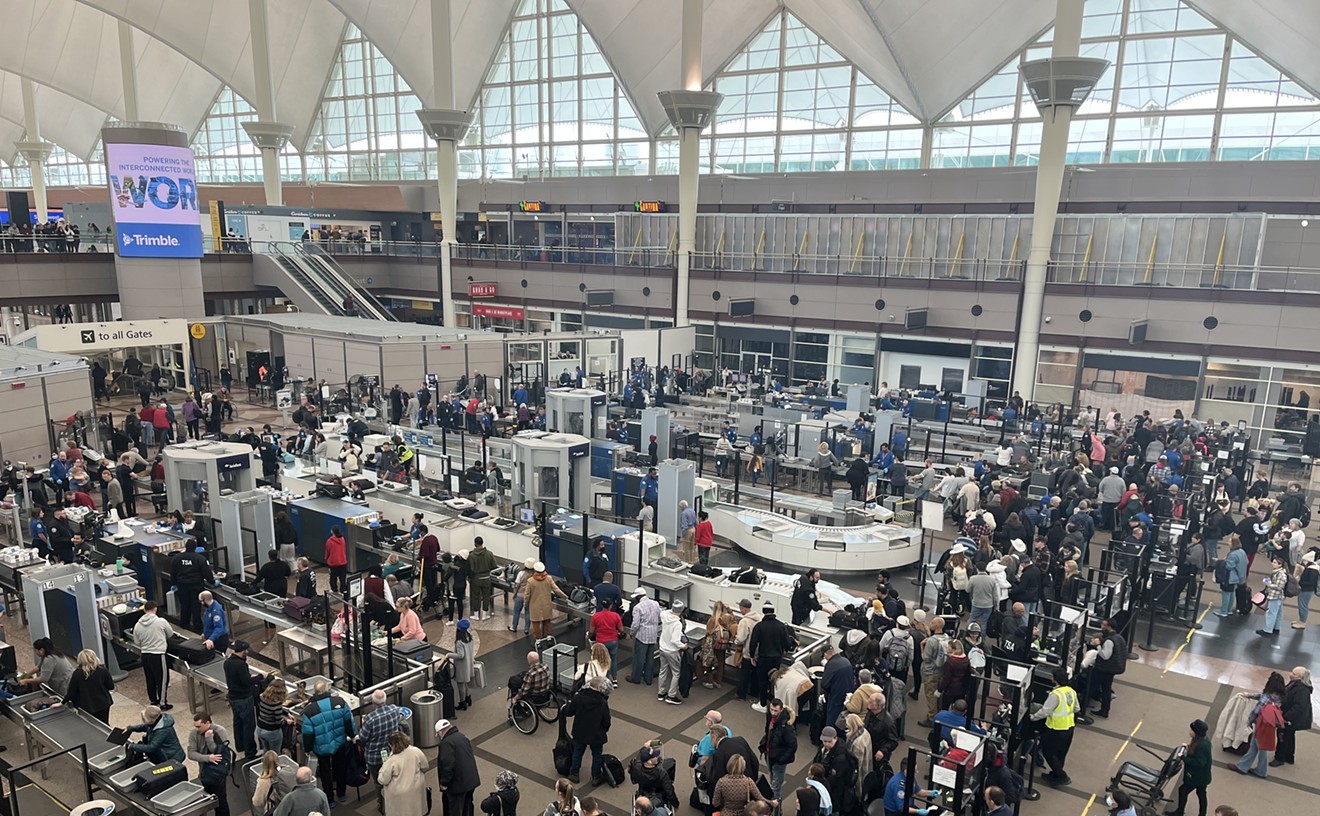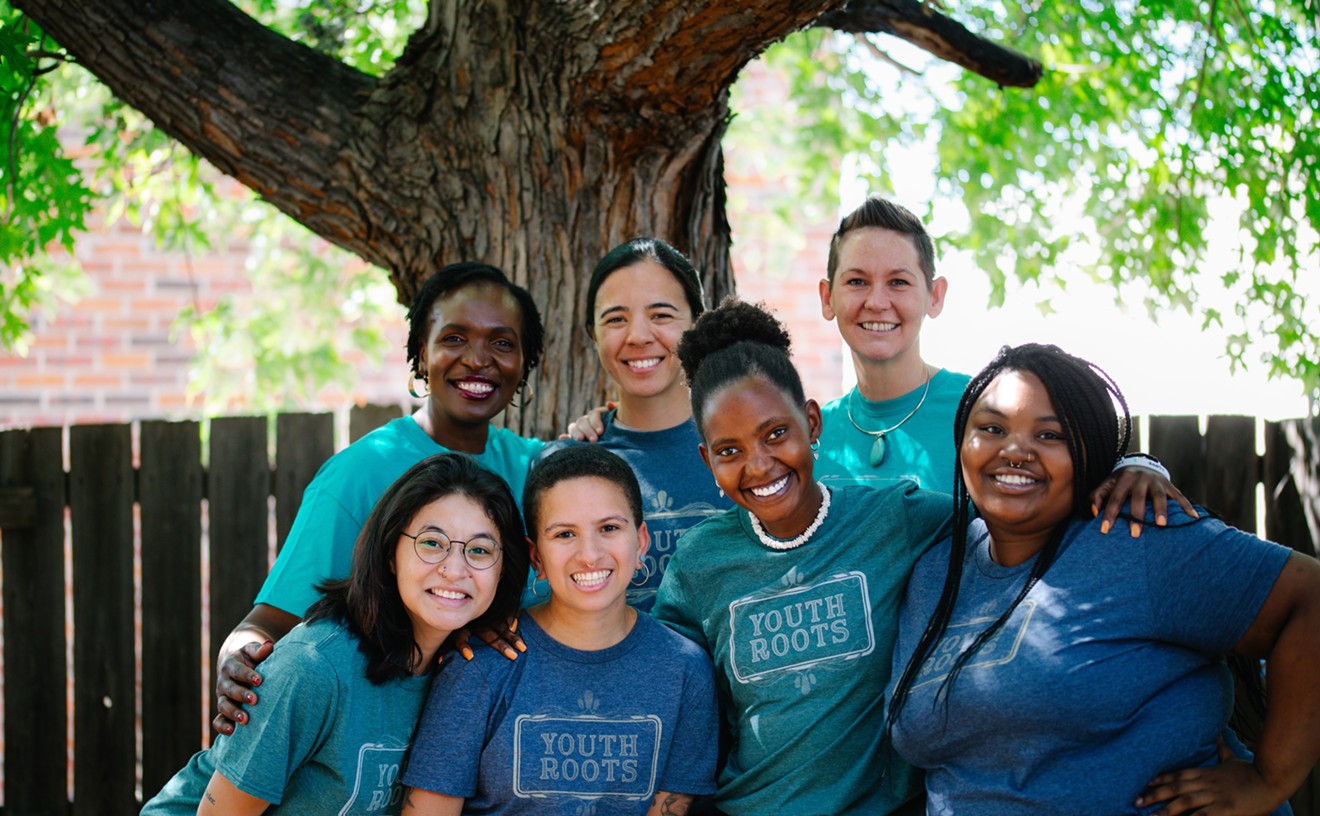There are some experiences that you anticipate happening in your life, like marriage, having a child or buying a home. Then there are some you’d never imagine. Driving traumatized refugees out of Ukraine was not on my list of anticipated life experiences. This experience single-handedly changed my perspective of what I view as truly “bad,” and I hope sharing some of these reflections and stories might expand others' perspectives as to what is really happening in Ukraine.
Thanks for listening.
When I drove past the final border control point into Ukraine, we came across two older gentlemen (and their cat) hitchhiking back into Ukraine. We stopped and asked what they were doing. They simply stated, “We’re going home to fight!” We opened the van door and said we’d take them as far as we were going. I certainly did not expect to be bringing people in to the war, but their pride shone bright through their weathered faces.
After dropping the two gentlemen and their cat off, we unloaded our supplies and proceeded to the train station to pack the van full of people before heading back to Poland. We awkwardly passed various checkpoints, some meticulously built, others clearly using local items to help fortify the access points. We arrived at the train station just as the air raid sirens went off. We continued our mission despite the warnings.
At the train station, we hurried to the information tent and mentioned that we had seven seats open for people fleeing. A handful of families darted over to the kiosk and shouted that they wanted to go. Then came the most uncomfortable and heartbreaking decision of my life: Who gets a seat in the van? Do you take the teenage couple trying to flee together? Do you take the elderly woman and grandchild or the disabled man? This decision, which no one is equipped to (or should have to) make, had to be done within the minute as the smoke from the recent bombs dropped on the city filled the area around the train station.
We took more people than we could fit, and no one batted an eye at being cramped in a van with strangers, with a stranger as their driver, ready to go to a strange place. Once we left the train station and headed to the border, the refugees started to talk, as if with each mile they felt more comfortable and less terrified.
A mother and child shared how they left their grandmother at home when she refused to leave despite their city actively being bombed. One lady shared a story of entire vans and buses going missing from “volunteers” who ended up kidnapping them for trafficking purposes. Another older lady said that she had to leave because she had no more home; her entire apartment complex was gone. Many spoke of husbands and brothers who had been left behind — with no way to communicate with them.
This is just a very small glimpse into stories on the ground. Every day our team of volunteers received information sent to us about how humanitarian convoys were being shot up or raided, pictures of trap grenades set under toy objects or common community spaces. One of our drivers witnessed Russians opening fire on a group of people walking on the street, trying to evacuate. Another showed me videos of ambulances and playgrounds littered with evidence of gunfire and pictures of dogs shot dead by Russians.
As the world is starting to become aware that Russians are not playing by the traditional warfare rules, I feel this is grossly unreported.
While this war is not in our backyard, these are kids, friends, grandparents, mothers, dogs, cats and everything in between being trapped and sometimes brutally killed. I hope the stories that volunteers and troops share from the ground make their way to the broader community, along with the news on incremental sanctions and geopolitical chatter. We can and should do more to help our fellow humans. Here are a few specific ways to help directly:
Want to help bringing in medical supplies and rescuing refugees? Contribute to Operation White Stork.
Want to help get humanitarian supplies to Ukrainian cities? Donate to Ukraine Friends.
Want to help medical teams on the ground? Donate to Team Rubicon.
Want to help with evacuations by veterans? Donate to Project Dynamo.
Thank you for listening to my brief reflection from the lens of a humanitarian.
Lisa Smith is an Air Force veteran and Arvada City Council member. For the past decade, Smith has been a humanitarian volunteer, dealing with natural disasters stateside and refugee crises overseas. She was recently deployed to assist refugees in Ukraine with Operation White Stork; her main mission was driving supplies into Ukraine and evacuating refugees out of the country.

Audio By Carbonatix
[
{
"name": "Air - MediumRectangle - Inline Content - Mobile Display Size",
"component": "12017618",
"insertPoint": "2",
"requiredCountToDisplay": "2",
"watchElement": ".fdn-content-body",
"astAdList": [
{
"adType": "rectangle",
"displayTargets": "mobile"
}
]
},{
"name": "Editor Picks",
"component": "17242653",
"insertPoint": "4",
"requiredCountToDisplay": "1",
"watchElement": ".fdn-content-body",
"astAdList": [
{
"adType": "rectangleLeft",
"displayTargets": "desktop|tablet"
},{
"adType": "rectangleRight",
"displayTargets": "desktop|tablet|mobile"
}
]
},{
"name": "Inline Links",
"component": "18838239",
"insertPoint": "8th",
"startingPoint": 8,
"requiredCountToDisplay": "7",
"maxInsertions": 25
},{
"name": "Air - MediumRectangle - Combo - Inline Content",
"component": "17261320",
"insertPoint": "8th",
"startingPoint": 8,
"requiredCountToDisplay": "7",
"maxInsertions": 25,
"watchElement": ".fdn-content-body",
"astAdList": [
{
"adType": "rectangleLeft",
"displayTargets": "desktop|tablet"
},{
"adType": "rectangleRight",
"displayTargets": "desktop|tablet|mobile"
}
]
},{
"name": "Inline Links",
"component": "18838239",
"insertPoint": "8th",
"startingPoint": 12,
"requiredCountToDisplay": "11",
"maxInsertions": 25
},{
"name": "Air - Leaderboard Tower - Combo - Inline Content",
"component": "17261321",
"insertPoint": "8th",
"startingPoint": 12,
"requiredCountToDisplay": "11",
"maxInsertions": 25,
"watchElement": ".fdn-content-body",
"astAdList": [
{
"adType": "leaderboardInlineContent",
"displayTargets": "desktop|tablet"
},{
"adType": "tower",
"displayTargets": "mobile"
}
]
}
]













